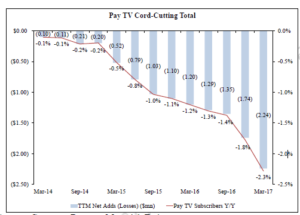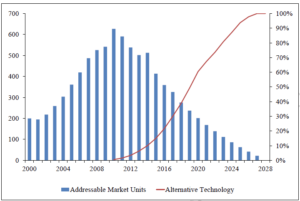With certain fund managers struggling to beat stock market index benchmarks, investors have been questioning why they should pay management and performance fees when there isn’t much performance? Maverick Capital’s Lee Ainslie thinks he might have the answer. The flagship stock-picking fund, which is now managed Andrew Warford, and which is down 2% this year through September after losing 10% last year, is ditching the performance-based fee, The Wall Street Journal first reported.
This begs the question: should investors really want a manager won’t accept payment based on their performance? After two years of negative performance hedging for a market crash that never came, Ainslie is ditching the fund’s 17.5% performance fee for existing investors putting new money into the $10 billion fund. And he’s not the first to make such an offer.


Andrew Warford offering to ditch a performance fee allows them to ramp up more management fee revenue until they clear the high-water mark again
There is a strategy among certain allocation professionals to invest into certain hedge funds after a significant drawdown. For the systematic funds, much of this analysis can be done based on beta market cycles or volatility-adjusted returns. When trend following changes from a market environment of price persistence to one of flattened volatility, for instance, challenging conditions for the strategy exist. For a fund manager behind the eight ball of no performance fees until clearing the previous high water mark, the answer might raise more assets that pay a management fee.
There is a larger concept of investing on a drawdown that raises deep issues on both sides of the argument — including the logistical practicality of engaging in such behavior, as many funds have lockups and are not easy to enter / exit on a moment’s notice.
When Glenview Capital’s Larry Robbins experienced indigestion over this healthcare stocks – sucked into the middle of a manipulation scandal that threatened to draw regulatory ire over drug prices and upset the apple cart – the hedge fund took significant losses.









Leave A Comment